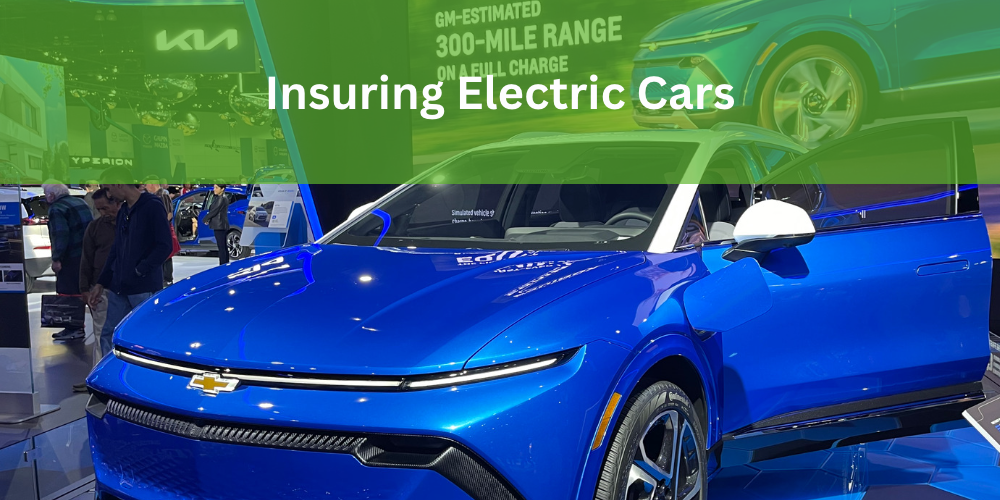Our article, "Trending: Electric Cars," discussed some product features that are influencing the growth of that market.
Now, let's consider them from the aspect of insurance. The insurance availability for protecting electronic vehicles (EVs) mirrors what is happening with EVs themselves.
As more car makers offer EVs, more insurers are offering coverage. Policies for gas-powered and EVs are, essentially, the same. Policies are issued by insurers to vehicle owners to protect against a wide variety of sources that could damage their vehicles. The policies are also designed to pay for injury or harm to others that EV owners may cause while operating their cars. This is a good thing. There are no product differences that can cause confusion.
Currently, the cost of insurance for EVs may be higher than gas cars. The main reasons are due to the difference between the ultra-mature gas car market and the small, though growing EV market.
|
Gas Powered Cars |
Electric Vehicles |
|
A staggering, mass-produced variety of styles, size, features and prices |
Limited styles and low-level of production and high prices |
|
Vast infrastructure support for replacement and repairs |
Very limited infrastructure |
|
Comprised of many. Less efficient moving parts, but with high level of standardization |
Comprised of fewer, more efficient moving parts, but many are customized |
|
Refueling with gas is more expensive, but is rapid, standardized and readily available in nearly all driving situations |
Recharging options, while cheap, are non-standardized, difficult to find and highly reliant on slow, home re-charging |
|
Efficient for commuting, intermediate and long-range driving |
Best for commuting; other use is problematic |
|
Mature product, that includes renovations that are non-disruptive |
New product with volatile, frequent renovations that are disruptive, affecting viable product life |
|
Capable of efficient operation in all but most extreme weather conditions |
Operation is significantly affected by weather conditions, including battery life and operating range |
The main reasons that insurance premiums for EVs may be higher is apparent. Their original cost is high and high value is directly proportional to high premiums. Repairs rely on facilities that have special expertise that are specific to each carmaker and the low availability of repair sources add to the cost of repairs. Another situation that affects insurance cost is that EVs have fewer, but far more expensive, parts. Even in minor accidents, repairing slight damage to batteries and other parts may not be economically viable. In many situations, rather than repair EVs, insurers may deem them constructive totals and have them, instead, replaced. Having to replace rather that repair vehicles will certainly drive up the cost of insuring them.
The good news is that the EV market continues to grow and carmakers are already in the midst of plans to increase standardization in areas that will make them cheaper, more viable and affordable. Insurance costs will come down with each level of EV market maturity. Fortunately, even now, you can get valuable guidance from the nearest insurance professional.



Comments